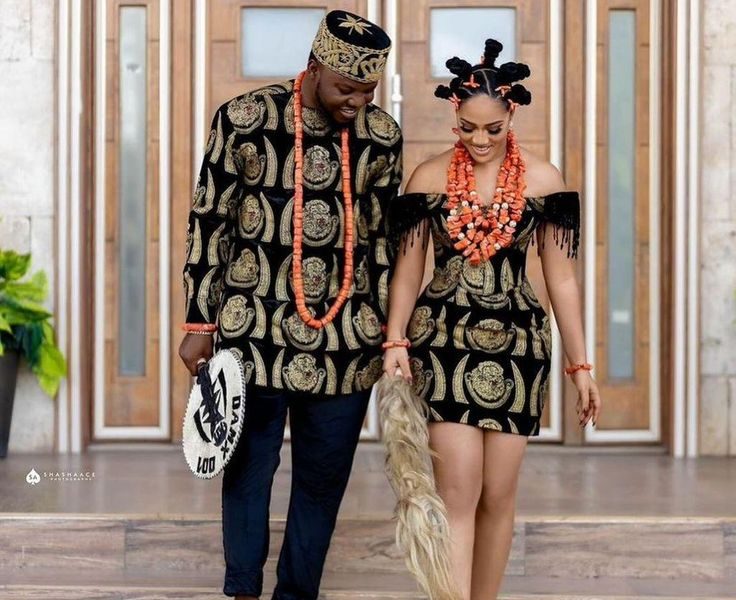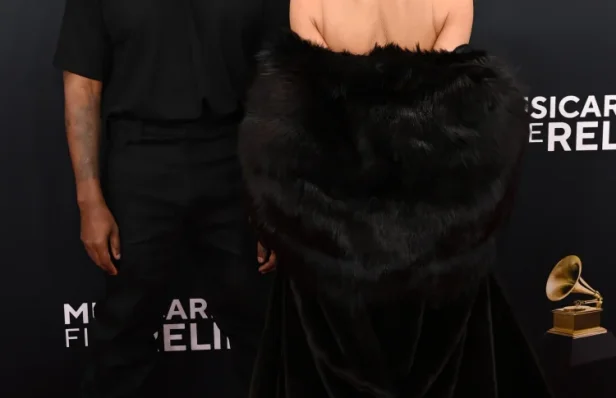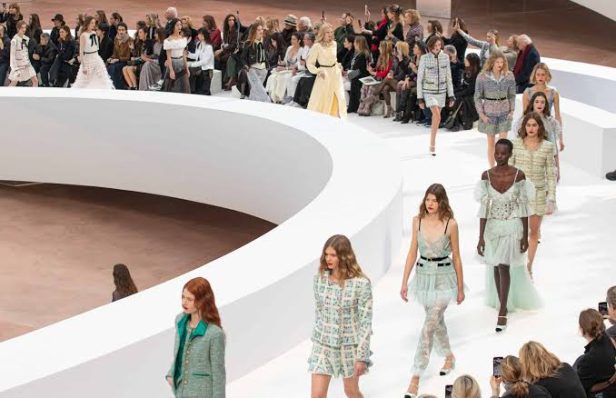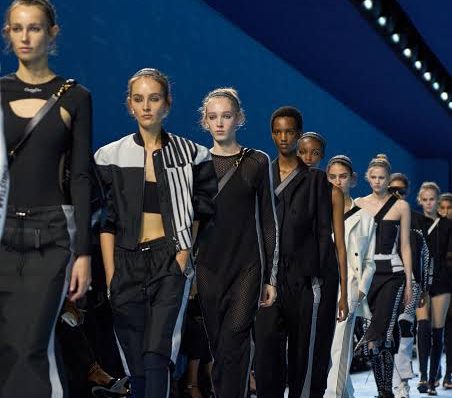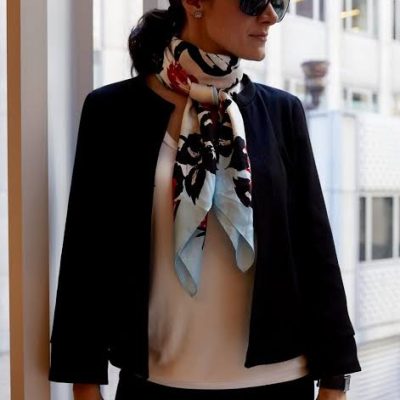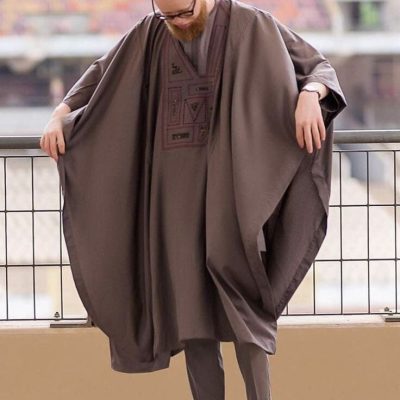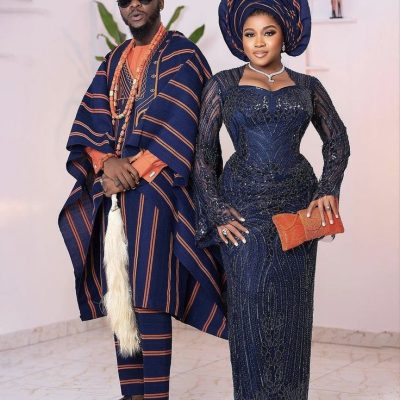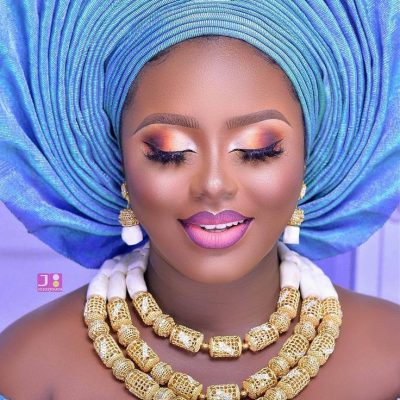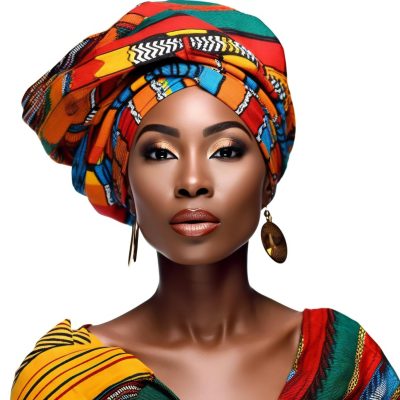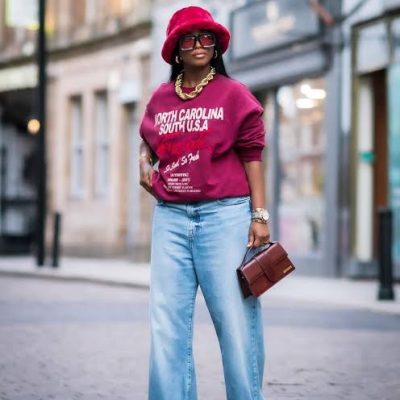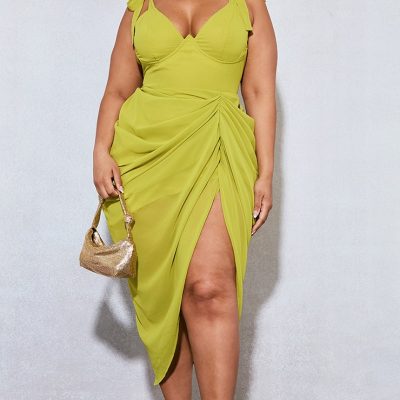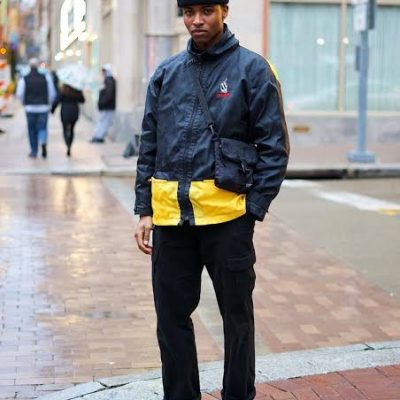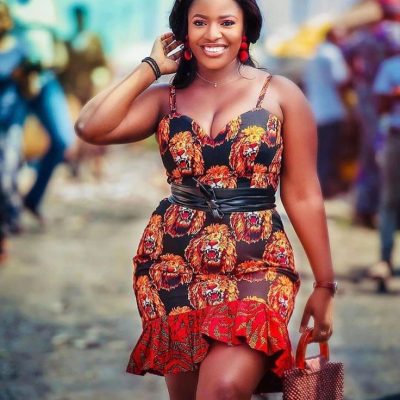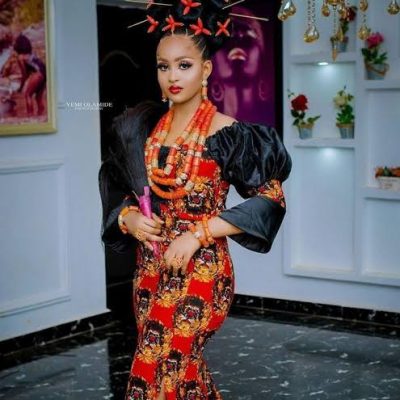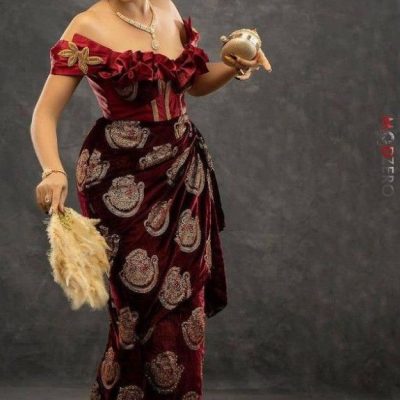Bold, Beautiful, and Proud: Nigerian Cultural Wear
Nigerian cultural wear is a colorful and diverse reflection of the country’s rich heritage. With over 250 ethnic groups, each with its unique traditions, Nigeria boasts an impressive array of traditional clothing styles that symbolize identity, culture, and history. These outfits go beyond fashion, they represent stories, values, and pride passed down through generations.
If you’re curious about the vibrant world of Nigerian cultural wear, this article will guide you through their origins, styles, and significance.
Importance of Nigerian Cultural Wear
Traditional Nigerian attire is more than just clothing. It holds significant meaning in society. From weddings and festivals to religious events, the type of cultural wear you choose can communicate your ethnic background, social status, and personal identity.
These clothes are often handmade, featuring intricate designs, embroidery, or beadwork. They reflect the artistry and creativity of local artisans who ensure each piece is unique. In modern times, cultural wears have also become a fashion statement, blending traditional and contemporary styles.
Popular Nigerian Cultural Wear
Agbada
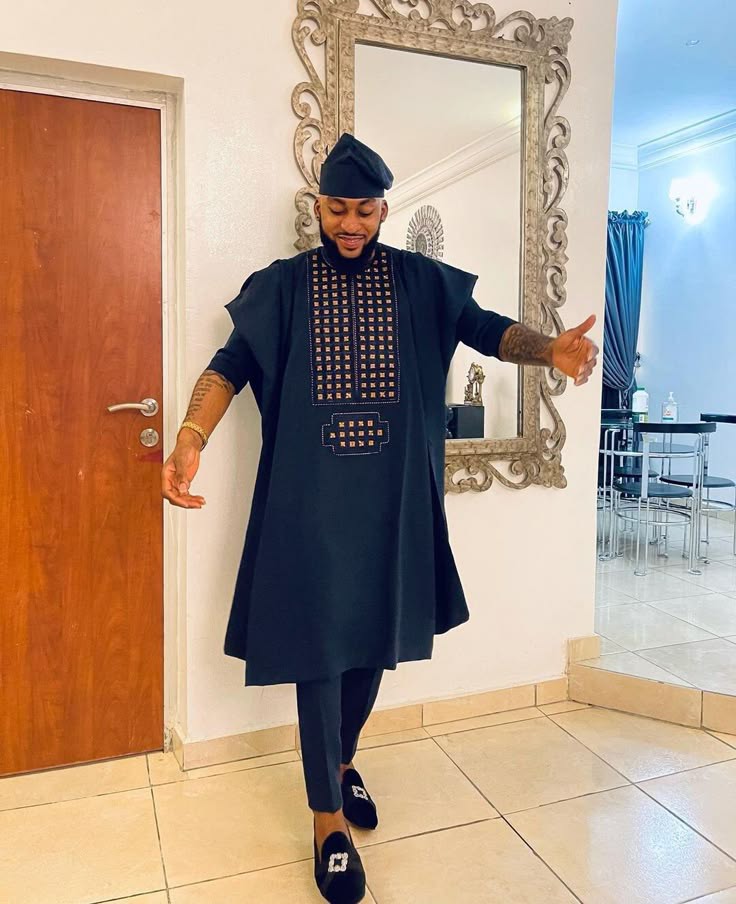
The Agbada is a flowing robe worn by men, often seen at formal events. This outfit is popular among the Yoruba and Hausa people but is now embraced nationwide. Made from luxurious fabrics like Aso Oke or Ankara, the Agbada is paired with trousers and an inner shirt. It symbolizes wealth, power, and elegance.
Buba and Sokoto
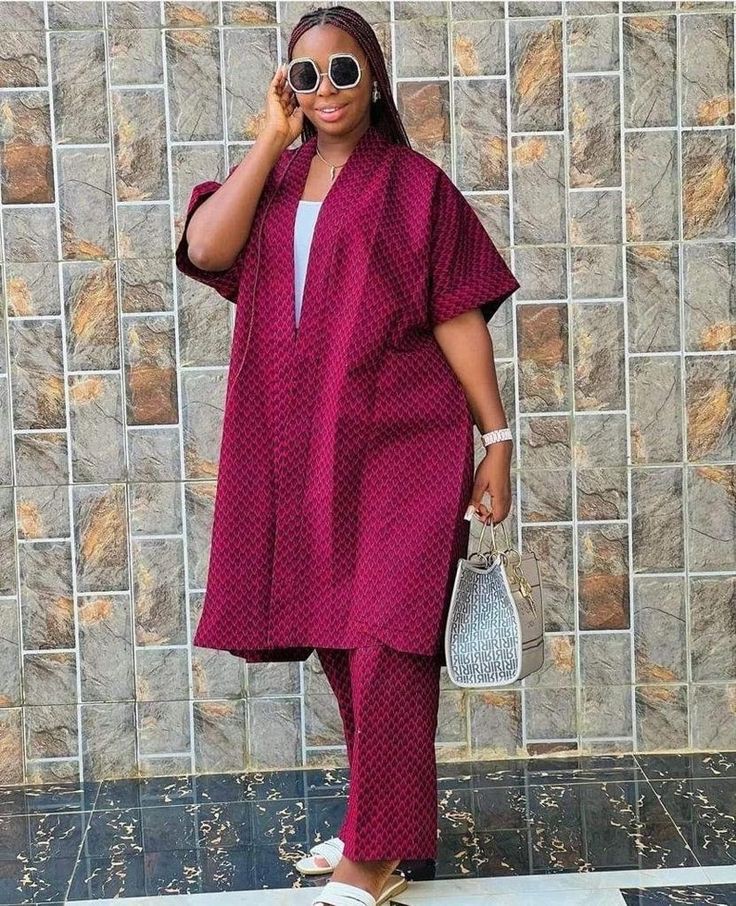
The Buba (a loose-fitting top) and Sokoto (trousers) are common among men, especially in Yoruba culture. They are simple yet stylish and can be made from different materials, ranging from cotton to silk. This outfit is ideal for both casual and formal occasions.
Ankara
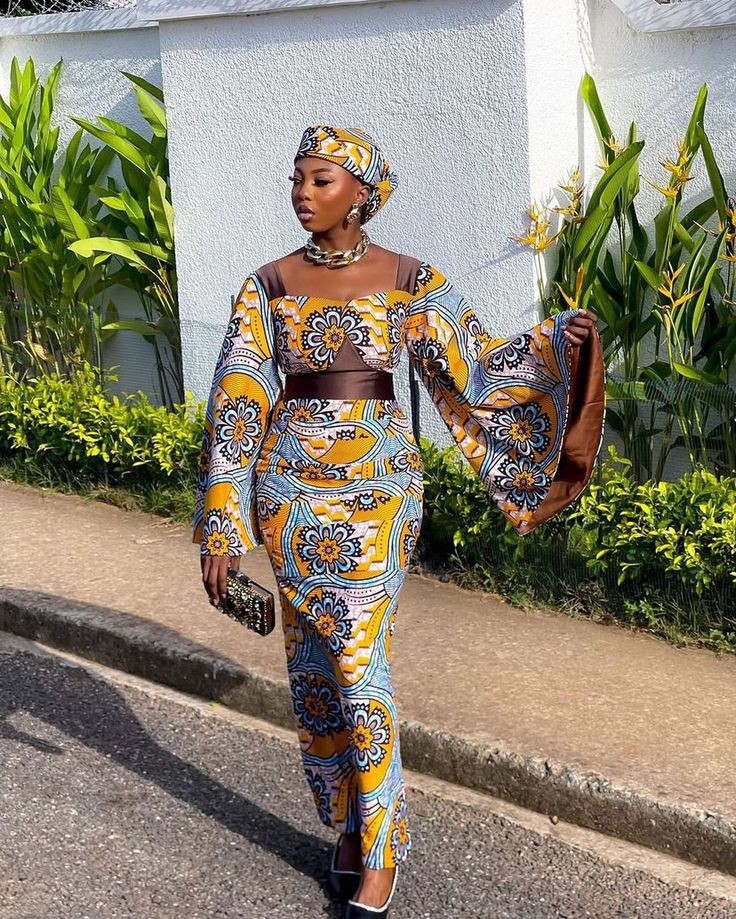
Ankara is one of the most recognizable Nigerian cultural wears, loved for its bold and colorful patterns. It is a versatile fabric used to make dresses, skirts, shirts, and even accessories. People from all ethnic groups wear Ankara, and it has gained international popularity as a symbol of fashion in Nigeria.
Aso Oke
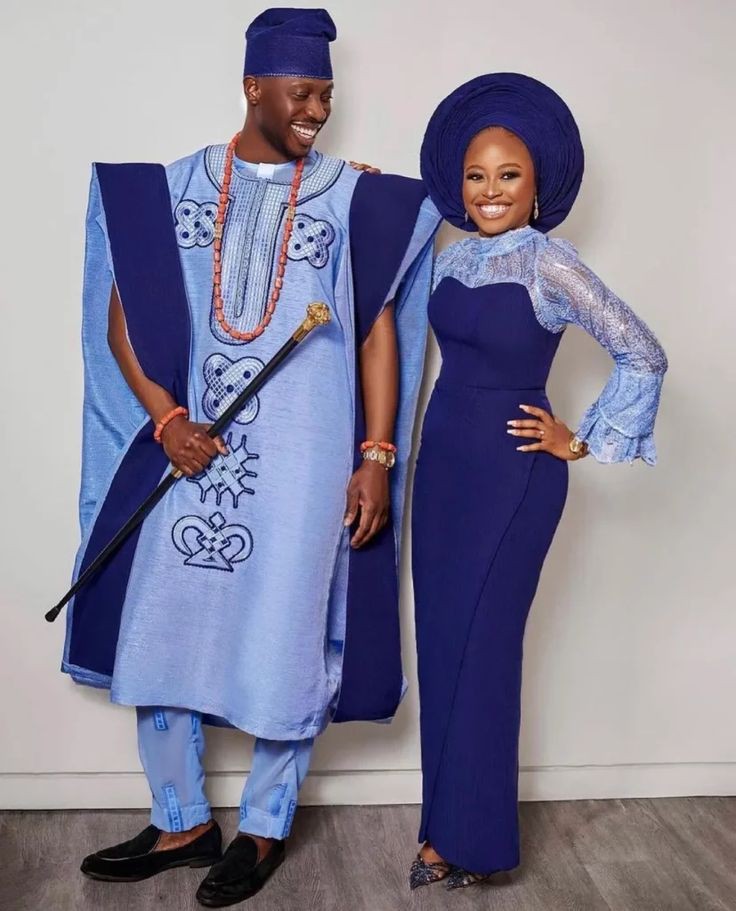
Aso Oke is a handwoven fabric traditionally worn by the Yoruba people. It is often used to create agbadas, headwraps (gele), and wrappers (iro). Aso Oke comes in various designs, such as Etu (dark blue stripes) and Alaari (red patterns), making it perfect for ceremonies like weddings and chieftaincy celebrations.
Isi Agu
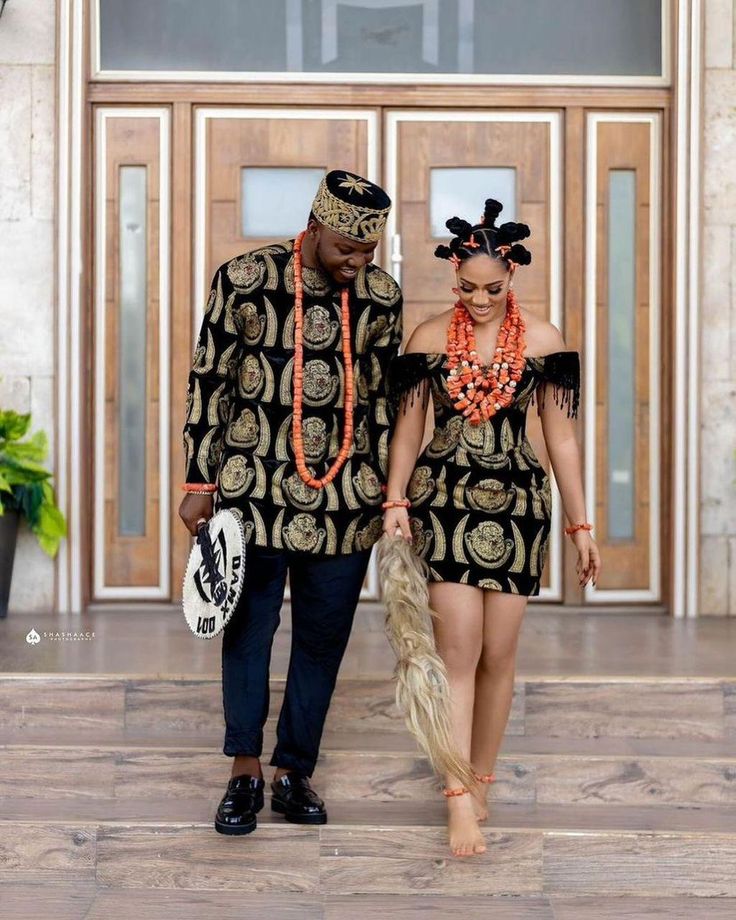
The Isi Agu, meaning “lion’s head,” is a traditional Igbo attire . This fabric, featuring lion motifs, is a symbol of authority and respect. Isi Agu is often worn with a red cap, signifying chieftaincy status or elder hood.
Accessories That Complement Nigerian Cultural Wears
- Gele: The gele is a beautifully tied headwrap worn by women, mainly among the Yoruba and Igbo. It adds a touch of elegance to any traditional outfit and is a must-have for weddings and other ceremonies.
- Coral Bead: In many Nigerian cultures, coral beads are an essential accessory, symbolizing royalty and wealth. They are worn as necklaces, earrings, or bracelets, especially in the South-South region.
- Hats And Caps: Men often complete their outfits with hats like the fila (Yoruba cap), okpu agu (Igbo cap), or hula (northern cap). These accessories highlight cultural identity and enhance the overall appearance.
Occasion For Nigerian Cultural Wears
In Nigeria, various events are categorized as traditional events which require native wear. Some of these occasions include:
Weddings
Nigerian weddings are incomplete without traditional attire. Couples often wear matching outfits that reflect their cultural backgrounds. For instance, Yoruba brides might wear Aso Oke, while Igbo brides opt for George wrappers with coral beads.
Festivals
Festivals like the Eyo Festival, Calabar Carnival, and Durbar showcase Nigeria’s cultural diversity. Participants wear elaborate outfits, including agbadas, kaftans, and Ankara designs, to celebrate their heritage.
Chieftaincy Titles Ceremony
When people are conferred with chieftaincy titles, they often wear Isi Agu or Aso Oke to signify their new status. These outfits, paired with accessories like coral beads or traditional caps, make a bold statement.
Where to Buy Nigerian Cultural Wear
Nigeria cultural wear can be bought in various places such as local markets, online stores, cultural events, or from fashion designers.
- Local Markets: The Oshodi Markets in Lagos and Wuse Market in Abuja offer a wide range of traditional fabrics and ready-made outfits.
- Online Stores: Several Nigerian brands sell cultural wear online. Websites like Jumia, Konga, and Instagram-based boutiques make shopping convenient.
- Fashion Designers: Consider visiting a local tailor or designer for custom-made outfits. They can create unique pieces tailored to your style.
Wrapping Up
Nigerian cultural wear are more than clothing, they are a celebration of heritage, creativity, and identity. These outfits carry deep meanings, connecting the past to the present and showcasing the beauty of diversity within the nation. Whether it’s the regal Agbada, the versatile Ankara, or the symbolic Isi Agu, each piece tells a story of pride and tradition.
In modern times, these traditional wears have found a place globally, highlighting the richness of African culture on the world stage. From weddings to festivals, they continue to shine as symbols of unity and elegance. The intricate craftsmanship behind these designs also reflects the dedication of artisans who keep these traditions alive.
Whether you’re dressing for a grand occasion or adding a cultural touch to your style, Nigerian cultural wears offer a timeless blend of history and fashion. By supporting local markets, designers, and online platforms, you not only celebrate your heritage but also contribute to sustaining this vibrant art form. Let your clothing speak of pride, history, and the unmatched beauty of Nigerian culture.
Do you want to know more about Africa waist Bead, consider checking this out.


